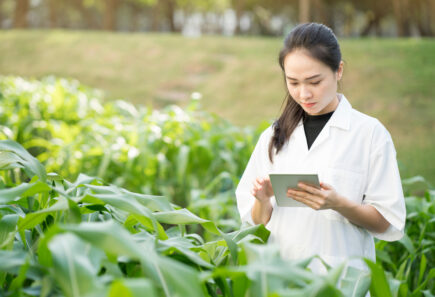
Diving deeper into Horizon Europe funding to unlock sustainable protein innovation
Seren KellThe latest Horizon Europe funding call is a treasure trove of opportunities for sustainable protein researchers.

The latest Horizon Europe funding call is a treasure trove of opportunities for sustainable protein researchers.
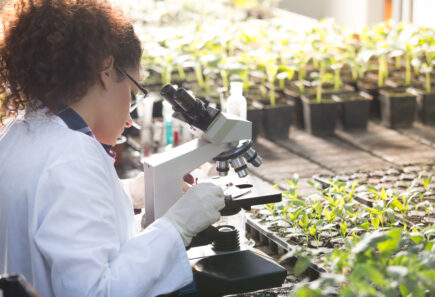
Horizon Europe has announced €25 million in funding for research into sustainable proteins.
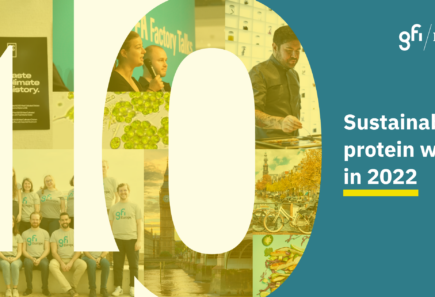
2022 has been another momentous year for plant-based foods, cultivated meat and fermentation.
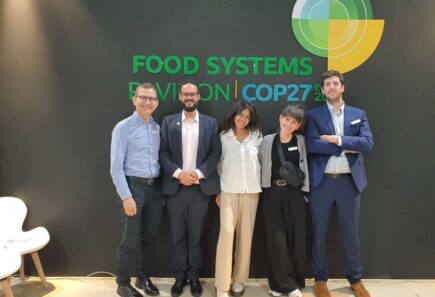
GFI’s Seth Roberts was at COP27, talking to policymakers about how plant-based and cultivated meat can help build a more sustainable food system.
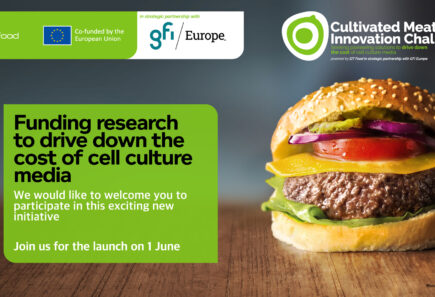
GFI Europe und die EU-finanzierte Innovationsagentur EIT Food haben die Gewinner der „Cultivated Meat Innovation Challenge” bekannt gegeben.

Researchers investigating how tobacco plants and microalgae can help reduce the cost of cultivated meat are among the winners of a €400,000 prize.
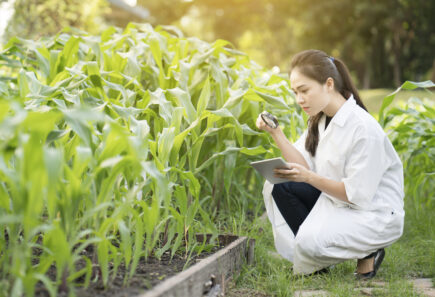
A new paper by the GFI Europe, Bridge2Food and the European Alliance for Plant Based Foods calls on the EU to create a long-term vision to make sure the continent’s plant-based sector can deliver on its potential.
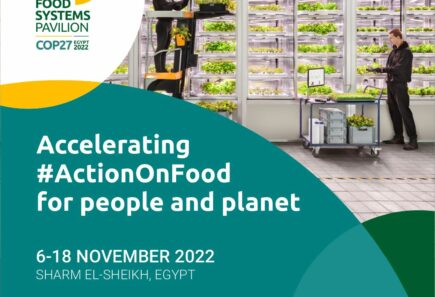
GFI will join 14 other organisations in co-hosting the first ever Food Systems Pavilion – to put food at the centre of discussions at the COP27 climate change conference.
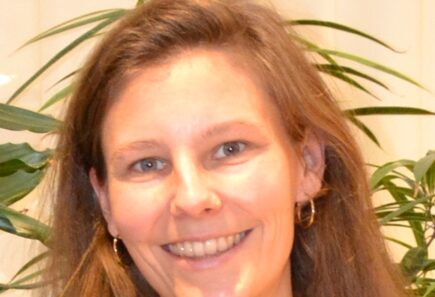
There needs to be more interaction between the worlds of food and science, according to a researcher working with a Michelin star restaurant to develop fish-free seafood.

GFI Europe is calling for earmarked funding to ensure the UK becomes a world leader in plant-based and cultivated meat.